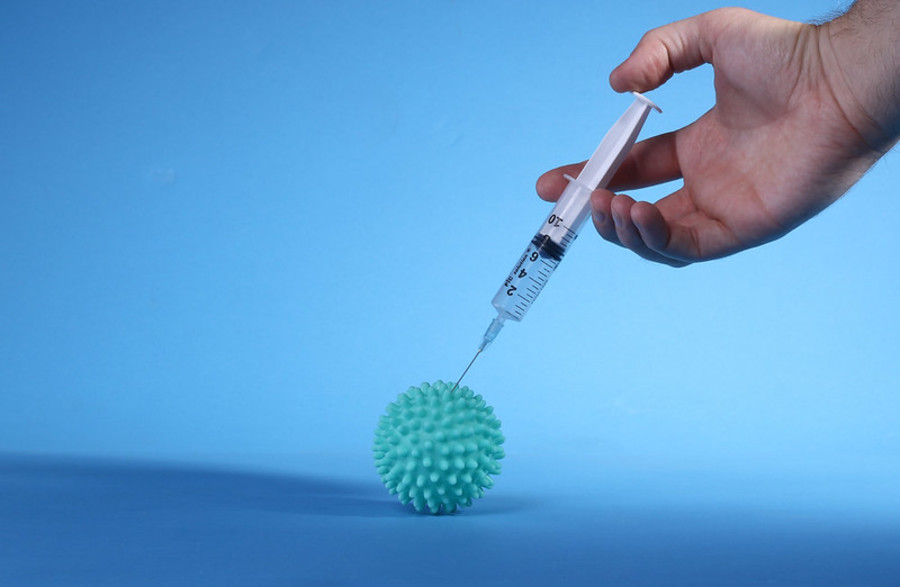Conferences and debates
Index / Activities / Conferences and debates / Vaccine Diplomacy in the Mediterranean: The Contest for Influence
Vaccine Diplomacy in the Mediterranean: The Contest for Influence
March 04, 20216:00 p.m.
ONLINE
Casa Árabe and and KAS PoldiMEd’s YouTube and Facebook Live channels.
6:00 p.m.
In English, with simultaneous translation into Spanish.
We will be showing this debate on Thursday, March 4, on our Youtube channel (in Spanish or in English). It was organized with the cooperation of the Regional Program for Political Dialogue in the Southern Mediterranean of the Konrad-Adenauer Foundation (KAS PolDiMed).
The global Covid-19 pandemic has profoundly impacted countries in the Mediterranean region. As in other parts of the world, health systems have seen an increasing number of infections during the various pandemic waves. In 2020, international actors attempted to support the southern shore countries by providing medical teams and general technical assistance, an effort marked by competition and rivalry. In 2021, this situation has grown even more acute as several vaccines have gone onto global markets. The competition for increased influence in the Mediterranean is occurring mainly between China, Russia, the United States and Europe, role-players which have lobbied for their vaccine variants to enter the global market. The Chinese and Russian vaccine variants were initially met with skepticism, but recent preliminary studies have shown that they may be just as effective as the vaccines produced by the US and European companies. Furthermore, both China and Russia have very quickly managed to supply large quantities to those countries interested, gaining territory in the struggle to lead the global vaccination program.
In addition to the public health implications of providing vaccines to the at-risk population, the issue of who can deliver the vaccine most effectively, quickly and economically and thus be a reliable partner and increase their sphere of influence has once again become significant at the geopolitical level.
Within this context, Casa Árabe and the Regional Program for Political Dialogue in the Southern Mediterranean of the Konrad-Adenauer Foundation (KAS PolDiMed) have organized a debate that will explore the status of vaccination programs in the Mediterranean region, as well as their geopolitical implications. Participants include Rym Ayadi, president of the Euro-Mediterranean Economists’ Association; Samer al-Atrush, an independent journalist and author of therecent report published by the Konrad-Adenauer Foundation and Sami Nader, director of the Levant Institute for Strategic Affairs. Presented by Thomas Volk, director of the Konrad-Adenauer Foundation’s Regional Program for South Mediterranean Political Dialogue. The event will be moderated by Karim Hauser, Casa Árabe’s International Relations Coordinator.
You can watch the debate at 6:00 p.m. live on Casa Árabe’s YouTube channel and on Casa Árabe and KAS PoldiMed’s Facebook Live channel. In English with simultaneous translation.
Rym Ayadi is an economist and international expert on inclusive and sustainable socioeconomic models. She is a Senior Advisor at the Center for European Policy Studies (CEPS), and the founder and president of the Euro-Mediterranean Economists Association (EMEA). She is also the founder and director of the Euro-Mediterranean Network for Economic Studies (EMNES).
Samer al-Atrush is an independent journalist whose articles have been published by Bloomberg and The Telegraph, as well as other media outlets.
Sami Nader directs the Levant Institute for Strategic Affairs, which focuses on economics and public policy in the region. A former advisor to Lebanon’s Minister of Labor, he has also led international aid efforts in Iraq and contributed to the digital media outlet Al-Monitor as an analyst.

